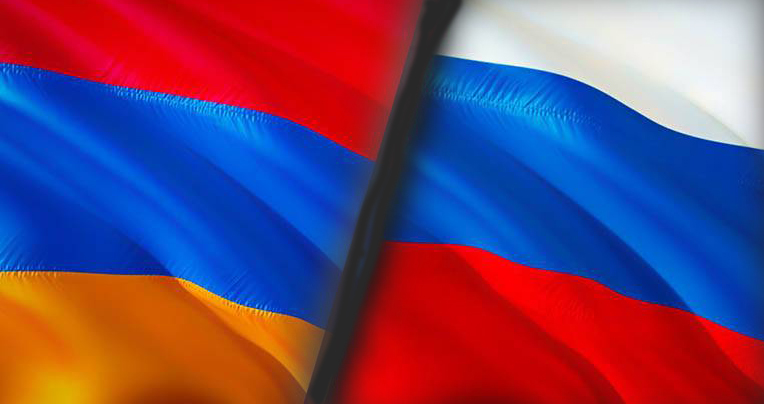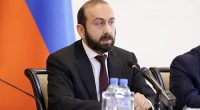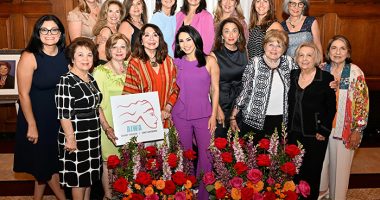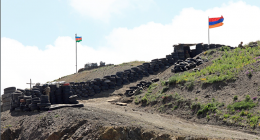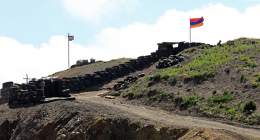By K. KHODANIAN
Armenia and Russia are experiencing notable tensions in their relationship. Despite Armenia’s primary focus on securing its territory against threats from Azerbaijan, dissatisfaction and caution regarding Yerevan’s foreign policy persist within Russian political circles. In just last few days we heard several statements from Russian sources blaming Armenia for ruining its relations with Moscow.
Grigory Karasin, chairman of the Committee on International Relations of the Russian Federal Council, asserts, “The USA and the West are increasingly using Armenia as a geopolitical pawn.” Maria Zakharova also voices concern, suggesting that Armenia is being manipulated to serve Western agendas. Sources within the Russian Ministry of Foreign Affairs underscore the significance of the 102nd military base in Armenia as a key factor in safeguarding Armenia’s sovereignty.
Sergey Lavrov’s recent statement has sparked controversy, implying that Nikol Pashinyan’s past involvement with the “Yelk”, meaning “exit”, movement advocated for Armenia’s withdrawal from the Collective Security Treaty Organization (CSTO) and the Eurasian Economic Union (EEU). However, this interpretation appears to distort the truth, as the “Yelk” alliance primarily focused on addressing internal Armenian issues.
After the Velvet Revolution, Pashinyan assured continuity in Armenia’s foreign policy direction. However, tensions heightened when Azerbaijan invaded Armenian territory in May 2021, revealing a lack of anticipated arms shipments from Russia, despite Armenia’s prior payments. This incident marked the onset of strains in Russo-Armenian relations, prompting Yerevan to explore multipolar foreign policy options and seek alternative military equipment sources.
The rift widened in September 2022 when Azerbaijan initiated a second invasion of Armenian borders, with Russia’s silence and inaction exacerbating discontent in Armenia. The tragic events in Artsakh worsened this uneasiness.
With waning trust in Kremlin leadership, Armenians are seeking alternative avenues to safeguard their interests, disappointing Moscow. Russia has an opportunity to reassess its policy towards Armenia, prioritizing Armenian security over incessant complaints. However, current indications suggest Moscow prioritizes ties with Turkey and Azerbaijan, further straining Russo-Armenian relations.
Ultimately, blame for the strained relationship rests with Moscow; it’s not Armenia that has distanced itself from Russia, but rather the other way around. Russia’s actions have led to a breach in the Russo-Armenian relationship.
“MASSIS”

